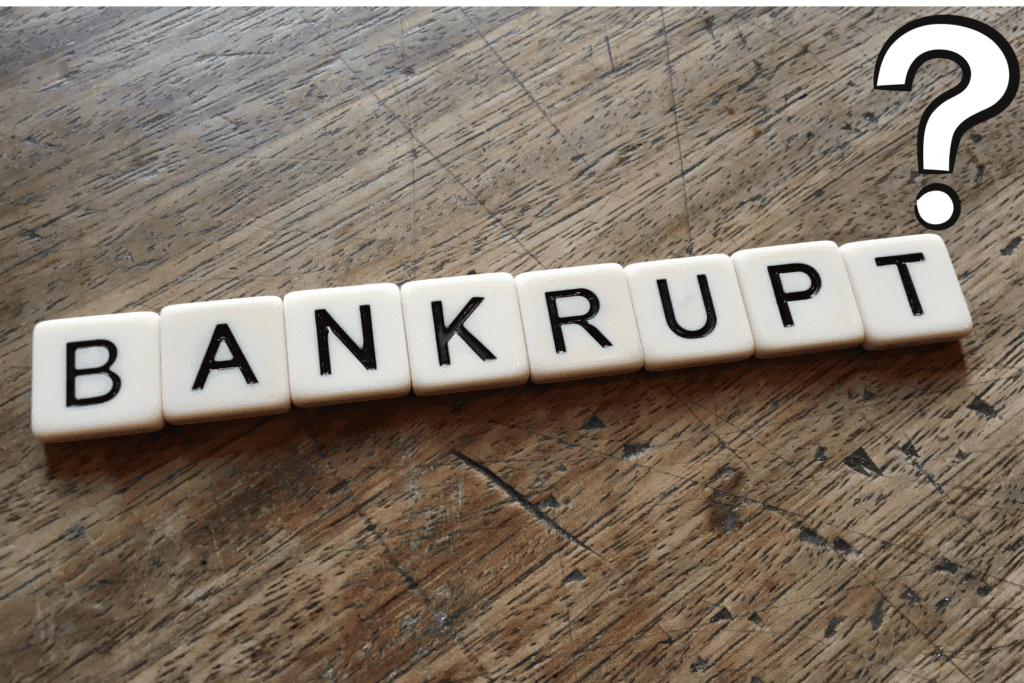
There are 2 ways that a bankruptcy proceeding can end – with a DISCHARGE or a DISMISSAL. Since these two terms are similar, they are often confused.
A DISCHARGE is a court order prohibiting further attempts to collect debts. This is goal that most people filing bankruptcy are seeking. It usually means that the bankruptcy has been successfully completed.
A DISMISSAL is a court order that the bankruptcy case is no longer active and no longer pending in court. This means that any creditors who were previously attempting to collect a debt can now continue their efforts to collect. Generally, a debtor filing bankruptcy wants to get his / her debts DISCHARGED and does not want the case DISMISSED. There are, however, some circumstances where a debtor can accomplish her / her purpose without obtaining a discharge.
One is where the debtor’s goal is to stop a foreclosure sale, and after filing the bankruptcy, the debtor works out a deal with the foreclosing Creditor that stops the foreclosure. In that case, the debtor no longer needs bankruptcy protection and may voluntarily seek to dismiss the case.
Another is where the debtor pays 100% of his / her debts through a Chapter 13. In such a case, a discharge would not be important since there would be no remaining debts to discharge.
For a free analysis of your options for Bankruptcy or avoiding Bankruptcy, call (213) 509-1515.
